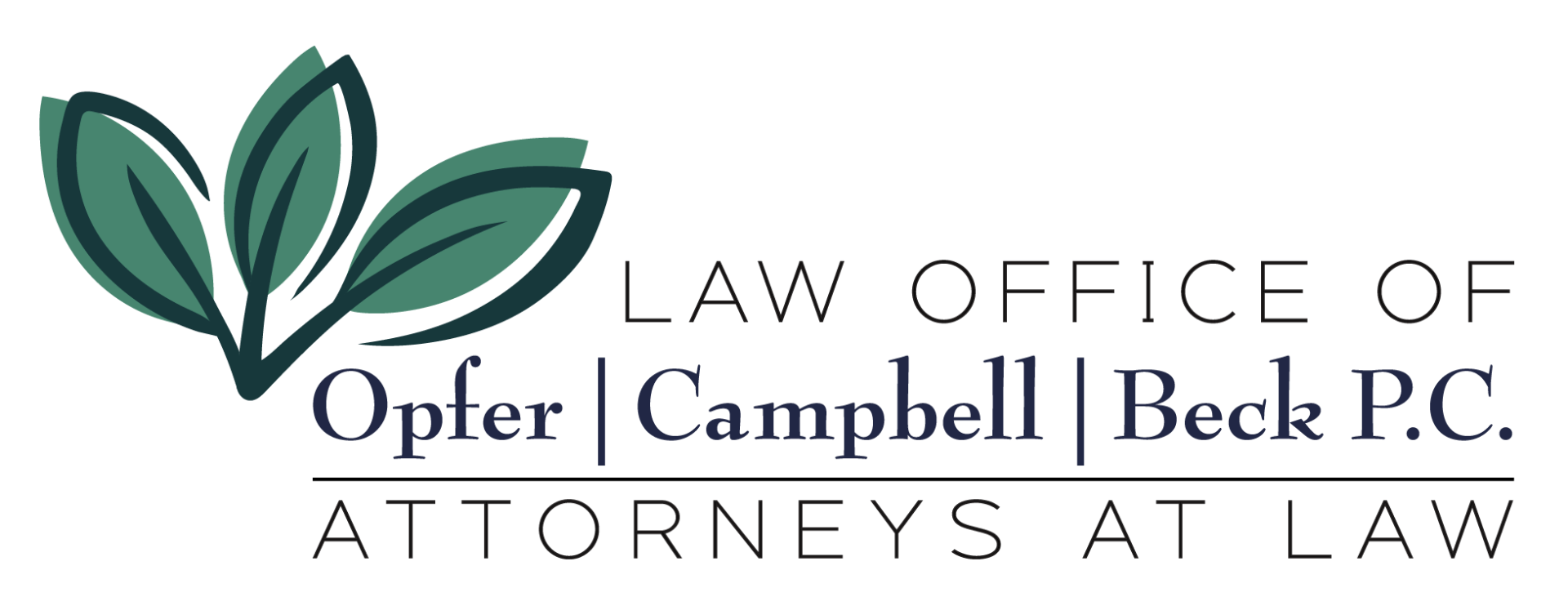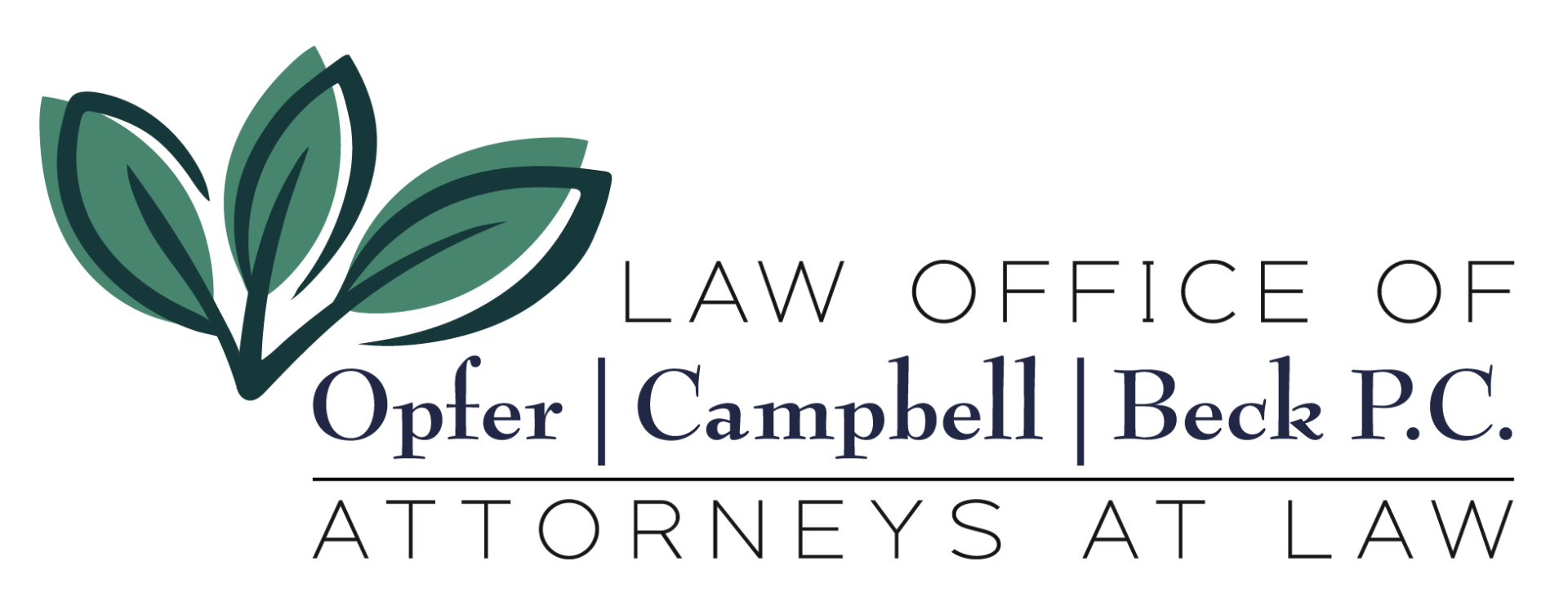Practice Areas
Navigating New Year's Resolutions in Co-Parenting
Building a Stronger Future Together

The start of a new year often brings with it a sense of reflection and the opportunity for personal growth. For co-parents, it is both challenging and rewarding to establish new routines and resolutions to make your co-parenting relationship more productive. In this blog, we will explore ways in which co-parents can work together to set and achieve meaningful resolutions which ideally foster a healthier and more collaborative co-parenting relationship.
Reflecting on the Past: Before diving into new resolutions, it's essential for co-parents to reflect on the past year. What worked well in the co-parenting dynamic? What challenges arose, and how were they addressed? Reflecting on these aspects can provide valuable insights into areas that may need improvement and set the foundation for constructive goal-setting.
Effective Communication: One common resolution for co-parents is to enhance communication. Clear and open communication is the cornerstone of successful co-parenting. Setting a resolution to communicate more effectively, whether through regular check-ins or utilizing communication tools, can help prevent misunderstandings and ensure that both parents are on the same page when it comes to parenting decisions. We often recommend utilizing communication tools such as Talking Parents, Our Family Wizard, or in high conflict cases, Civil Communicator.
Creating a Shared Calendar: A practical resolution for co-parents is to establish and maintain a shared calendar. This can include important dates, school events, extracurricular activities, and visitation schedules. Utilizing digital tools or co-parenting apps can make this process more streamlined, reducing the likelihood of scheduling conflicts and providing a centralized place for both parents to stay organized. Most of the communication tools referenced above do have shared calendar features, though families also often use google calendar or other comparable calendars.
Prioritizing Flexibility: Flexibility is a key component of successful co-parenting. Resolving to be more flexible in accommodating each other's schedules and unexpected changes can contribute to a more harmonious co-parenting relationship. This may involve being open to adjustments in visitation schedules or finding alternative solutions when unexpected situations arise. Remember to keep your child’s needs and wishes at the forefront here – your child often benefits from you being flexible, even if it feels like the other parent isn’t as flexible with you.
Focusing on the Child's Well-Being: Ultimately, co-parenting resolutions should center around the well-being of the child. Both parents can commit to fostering a positive and supportive environment for their child, both emotionally and physically. This may involve attending parenting classes together, seeking guidance from a co-parenting counselor, or finding common ground on important parenting decisions.
Embarking on a new year as co-parents provides an opportunity for growth, understanding, and collaboration. By setting thoughtful and realistic resolutions, co-parents can contribute to the development of a more resilient and cooperative co-parenting relationship. Whether it's improving communication, embracing flexibility, or prioritizing the child's well-being, the journey of co-parenting resolutions can lead to a stronger foundation for the entire family.












